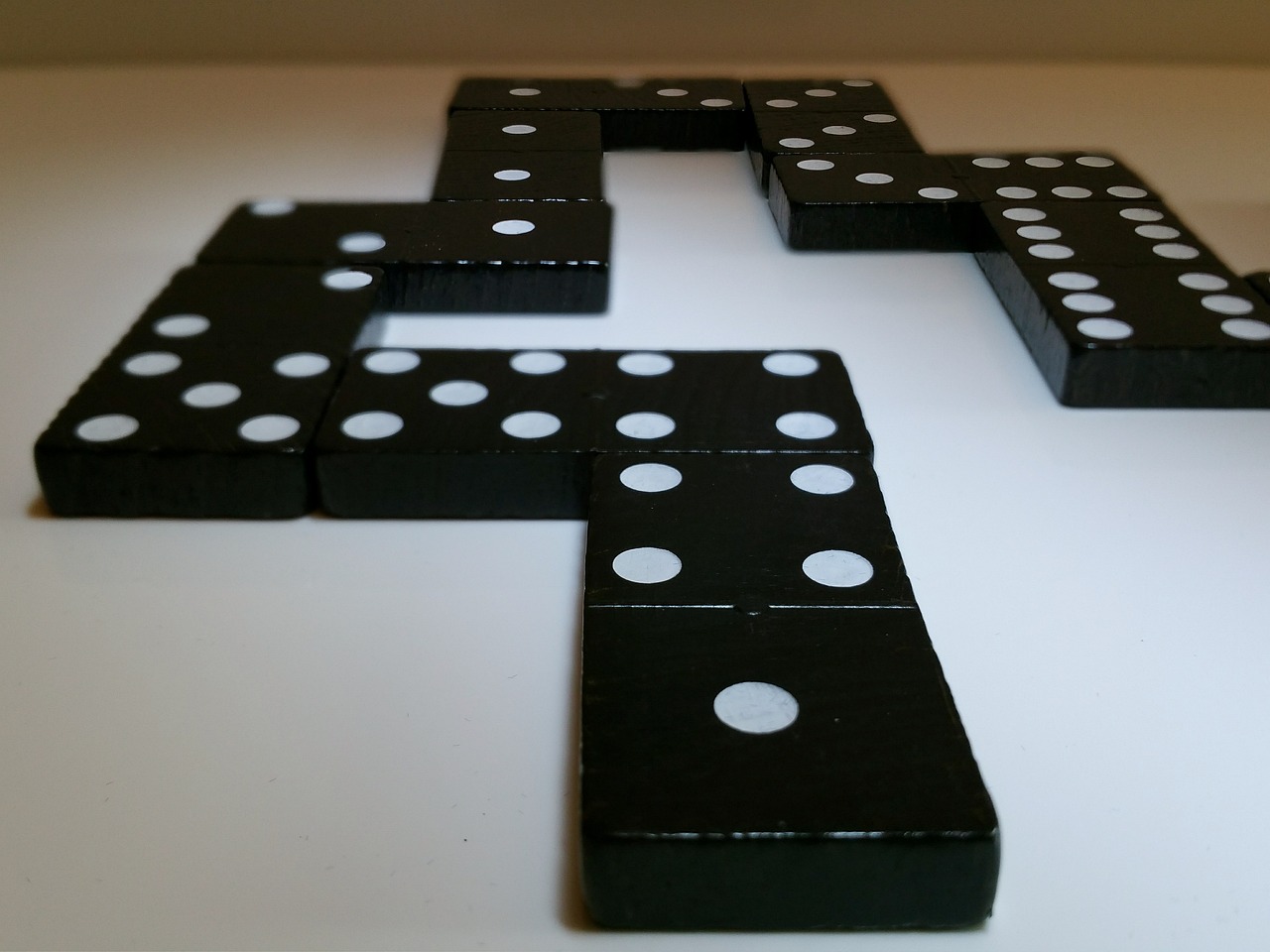The popular game of dominoes, a cherished part of Spanish terrace culture, faces an unexpected challenge in Seville: a ban with hefty fines starting from 300 euros is sparking debate. Find out why this traditional leisure activity is no longer permitted everywhere in the Andalusian capital.
The History of Dominoes: From China to Europe
The game of dominoes boasts a rich history, originating over 1,000 years ago in China during the Yuan Dynasty. Initially a variation of craps, dominoes only made their way to Europe in the mid-18th century, specifically through Italy. However, the name we know today comes from its French adaptation. The game itself is simple: rectangular tiles, divided into two halves with points from 0 to 6, are placed on a table. The goal is to match the tiles to empty one’s hand. Traditionally, dominoes, often played alongside card games, are enjoyed by older patrons in bars and restaurants.
Seville: A Battle Between Tradition and Noise Control
In Seville, at the heart of Andalusia, a curious regulation lurks: the prohibition of playing dominoes and dice on the terraces of bars and restaurants. Dominoes, with the characteristic clatter of the tiles and the lively chatter of players, are deeply rooted in Spain’s terrace culture. From parks to squares to bars, this game has accompanied residents for generations. However, the associated noise, especially on busy terraces, prompted the Seville City Council to take action.
The 2013 Noise Pollution Ordinance: An End to the Clatter?
In July 2013, the Seville City Council adopted an ordinance against noise pollution, noise, and vibrations. The goal: to ensure the peace of citizens and regulate noise levels in the city. The measures included an explicit ban on “any type of games or activities that can generate impact noise, such as dice, dominoes, and the like.” This was intended to ensure that these leisure activities did not lead to a disturbance of public order.
Proponents of the ban argued that the excessive noise generated by dominoes, particularly at night, significantly disturbed the peace of residents. They emphasized that the ordinance was not aimed at eliminating dominoes from Sevillian culture but at regulating its practice in public spaces to ensure harmonious coexistence.
Criticism of the Ban: Sensible Measure or Unnecessary Restriction?
On the other hand, critics of the measure consider it an unnecessary restriction and question its effectiveness. They argue that the noise level from lively conversations on terraces could be equal to or even exceed that of domino games.
The domino ban was not the only controversial measure that came into force with the new ordinances in Seville’s capital ten years ago. Drinking or eating while standing next to candles, dragging beer barrels, or smashing butane gas cylinders to alert neighbors to the arrival of the delivery truck can also result in fines between 300 and 300,000 euros, depending on the severity of the offense. All these regulations, including the ban on playing dominoes, illustrate the complex relationship between leisure, tradition, and the regulation of public space in modern cities.




